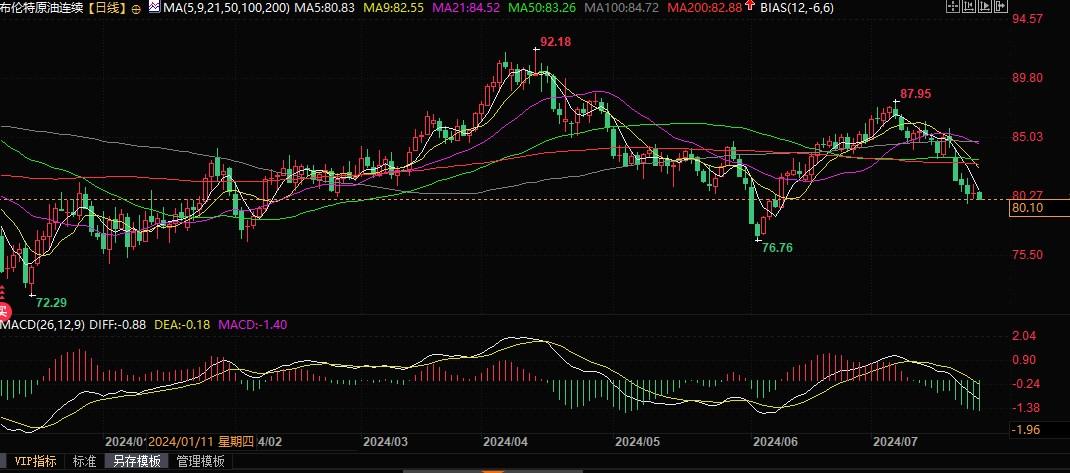If Trump takes office, or suppresses Iran's oil production!
Although the US military encountered drone attacks in the Middle East in February, the oil market's response was lukewarm. Many analysts predict that the US government is unlikely to cut off Iran's key lifeline: oil exports.
Experts point out that Washington will allow Iran's oil supply to continue, as this could squeeze the supply and trigger a politically destructive surge in world oil prices. Two months later, following Iran's largest ever missile and drone attack on Israel, Washington imposed a series of new sanctions and export controls on Iran. Similarly, the United States has not attempted to restrict Iran's oil exports.
According to a report by a commodity analyst at Standard Chartered Bank, Iran's oil exports have surged significantly, and Malaysian waters have become a channel for Iranian oil ship to ship transfers.
Previously, there were reports that during the Biden administration, Iran's oil exports experienced a strong rebound, and the United States and its allies hoped to reach a new nuclear deal with Tehran after the Trump administration disrupted the 2015 Joint Comprehensive Plan of Action (JCPOA) agreement. Under the leadership of former President Trump, Iran's oil production decreased from 3.8 million barrels per day at the beginning of 2018 to less than 2 million barrels per day by the end of 2020; In contrast, Biden's production surged to 3.2 million barrels per day.
Market analyst Alex Kimani said that whether the United States will allow Iran to continue freely extracting oil will depend on who takes over the Oval Office of the White House in 2025.
A week ago, Trump promised to reduce Iran's oil exports at the Republican National Convention on July 18th. Iran is likely to want Harris to win, as another Democrat may continue to push Biden's agenda forward.
In the past week, crude oil prices have dropped significantly, with Brent crude oil prices falling in recent months. Although part of the reason for the decline is due to weak technical conditions, Standard Chartered said that a large part of the reason is that traders are increasingly concerned about weak demand prospects, especially considering the recent weak macroeconomic data in some Asian countries.
However, commodity analysts point out that global oil demand remains strong, with demand reaching 102.5 million barrels per day in May, the second highest monthly average demand in history. However, the data for May did not meet analysts' forecast of 103 million barrels per day. There are also obvious weaknesses in the latest data, and the most surprising one is that Canada's production has decreased by 360000 barrels per day (14.4%).
At the same time, oil demand in the OECD European region decreased by 324000 barrels per day (2.4%) year-on-year, with particularly large declines in demand in France and the UK, and a year-on-year decrease of 121000 barrels per day (3.7%) in demand in Saudi Arabia.

Brent crude oil price daily chart
Tips:This page came from Internet, which is not standing for FXCUE opinions of this website.
Statement:Contact us if the content violates the law or your rights
